Thirty members of the Kurdistan Workers’ Party (PKK) participated in a symbolic disarmament ceremony in northern Iraq, marking a significant step toward ending over four decades of conflict with Turkey. The ceremony took place at the entrance of the Jasana cave near Dukan, where fighters, both men and women, placed their weapons into a large cauldron, which was then set ablaze. This act follows the PKK’s decision in May to disband and abandon its armed separatist struggle, prompted by a call from imprisoned leader Abdullah Öcalan.
Turkish President Recep Tayyip Erdoğan hailed the disarmament as a historic turning point for Turkey, emphasizing that it opens the door to a “great, powerful Turkey.” He called for full parliamentary support in establishing a legal framework to finalize the disarmament process and facilitate the PKK’s transition into democratic politics. The PKK, designated a terrorist organization by Turkey, the U.S., and the EU, has fought a violent insurgency since 1984.
The disarmament process is expected to be completed by September, with plans for the legal reintegration of PKK members into Turkish society and efforts to promote reconciliation. The ceremony was attended by Turkish and Iraqi intelligence figures, officials of Iraq’s Kurdistan regional government, and senior members of Turkey’s pro-Kurdish DEM party, which also played a key role in facilitating the PKK’s disarmament decision.
This development has broader regional implications, particularly for Syria, where PKK-affiliated Kurdish groups are involved in sensitive security arrangements following the fall of President Bashar al-Assad. The success of the peace initiative may hinge on Erdoğan’s willingness to implement democratic reforms, complicating his potential plans to extend his presidency into 2028.
The PKK’s transition to pursuing political and legal methods comes with demands for Kurdish rights, including language education and Öcalan’s release. However, the peace process faces challenges amid Turkey’s increasing authoritarianism, highlighted by the recent jailing of Istanbul’s mayor and numerous Kurdish political prisoners.
The disarmament ceremony was held at the entrance of the Jasana cave in the town of Dukan, 60 kilometers northwest of Sulaymaniyah in the Kurdistan region of Iraq’s north. The fighters, in beige military fatigues, were flanked by four commanders, including senior PKK figure Bese Hozat, who read a statement in Turkish declaring the group’s decision to disarm. “We voluntarily destroy our weapons, in your presence, as a step of goodwill and determination,” she said, before another commander read the same statement in Kurdish.
The ceremony was attended by Turkish and Iraqi intelligence figures, officials of Iraq’s Kurdistan regional government, and senior members of Turkey’s pro-Kurdish DEM party, which also played a key role this year facilitating the PKK’s disarmament decision. It was unclear when further handovers would take place. A senior Turkish official said the arms handover marked an “irreversible turning point” in the peace process, while another government source said ensuing steps would include the legal reintegration of PKK members into society in Turkey and efforts to heal communities and promote reconciliation.
The PKK has been based in northern Iraq after being pushed well beyond Turkey’s southeastern frontier in recent years. Turkey’s military carries out regular strikes on PKK bases in the region and established several military outposts there. The end of NATO member Turkey’s conflict with the PKK could have consequences across the region, including in neighboring Syria where the United States is allied with Syrian Kurdish forces that Ankara deems a PKK offshoot. Washington and Ankara want those Kurds to quickly integrate with Syria’s security structure, which has been undergoing reconfiguration since the fall in December of autocratic President Bashar al-Assad. PKK disarmament could add to this pressure, analysts say.
The PKK, DEM, and Öcalan have all called on Turkish President Erdoğan’s government to address Kurdish demands for more rights in regions where Kurds form a majority, particularly Turkey’s southeast where the insurgency was concentrated. In a rare online video published on Wednesday, Öcalan – whose large image was shown at the weapons ceremony – also urged Turkey’s parliament to set up a commission to oversee disarmament and manage the broader peace process. Ankara has taken steps toward forming the commission, while the DEM and Öcalan have said that legal assurances and certain mechanisms were needed to smooth the PKK’s transition into democratic politics.
Omer Celik, spokesman for Erdoğan’s AK Party, said the ceremony marked a first step toward full disarmament and a “terror-free Turkey,” adding this must be completed “in a short time.” Erdoğan has said the disarmament will enable the rebuilding of Turkey’s southeast. Turkey spent nearly $1.8 trillion over the past five decades combating terrorism, Finance Minister Mehmet Simsek has said.
The disarmament process is expected to be completed by September, with plans for the legal reintegration of PKK members into Turkish society and efforts to promote reconciliation. The ceremony was attended by Turkish and Iraqi intelligence figures, officials of Iraq’s Kurdistan regional government, and senior members of Turkey’s pro-Kurdish DEM party, which also played a key role in facilitating the PKK’s disarmament decision.
This development has broader regional implications, particularly for Syria, where PKK-affiliated Kurdish groups are involved in sensitive security arrangements following the fall of President Bashar al-Assad. The success of the peace initiative may hinge on Erdoğan’s willingness to implement democratic reforms, complicating his potential plans to extend his presidency into 2028.
The PKK’s transition to pursuing political and legal methods comes with demands for Kurdish rights, including language education and Öcalan’s release. However, the peace process faces challenges amid Turkey’s increasing authoritarianism, highlighted by the recent jailing of Istanbul’s mayor and numerous Kurdish political prisoners.
The disarmament ceremony was held at the entrance of the Jasana cave in the town of Dukan, 60 kilometers northwest of Sulaymaniyah in the Kurdistan region of Iraq’s north. The fighters, in beige military fatigues, were flanked by four commanders, including senior PKK figure Bese Hozat, who read a statement in Turkish declaring the group’s decision to disarm. “We voluntarily destroy our weapons, in your presence, as a step of goodwill and determination,” she said, before another commander read the same statement in Kurdish.
The ceremony was attended by Turkish and Iraqi intelligence figures, officials of Iraq’s Kurdistan regional government, and senior members of Turkey’s pro-Kurdish DEM party, which also played a key role this year facilitating the PKK’s disarmament decision. It was unclear when further handovers would take place. A senior Turkish official said the arms handover marked an “irreversible turning point” in the peace process, while another government source said ensuing steps would include the legal reintegration of PKK members into society in Turkey and efforts to heal communities and promote reconciliation.
The PKK has been based in northern Iraq after being pushed well beyond Turkey’s southeastern frontier in recent years. Turkey’s military carries out regular strikes on PKK bases in the region and established several military outposts there. The end of NATO member Turkey’s conflict with the PKK could have consequences across the region, including in neighboring Syria where the United States is allied with Syrian Kurdish forces that Ankara deems a PKK offshoot. Washington and Ankara want those Kurds to quickly integrate with Syria’s security structure, which has been undergoing reconfiguration since the fall in December of autocratic President Bashar al-Assad. PKK disarmament could add to this pressure, analysts say.
The PKK, DEM, and Öcalan have all called on Turkish President Erdoğan’s government to address Kurdish demands for more rights in regions where Kurds form a majority, particularly Turkey’s southeast where the insurgency was concentrated. In a rare online video published on Wednesday, Öcalan – whose large image was shown at the weapons ceremony – also urged Turkey’s parliament to set up a commission to oversee disarmament and manage the broader peace process. Ankara has taken steps toward forming the commission, while the DEM and Öcalan have said that legal assurances and certain mechanisms were needed to smooth the PKK’s transition into democratic politics.

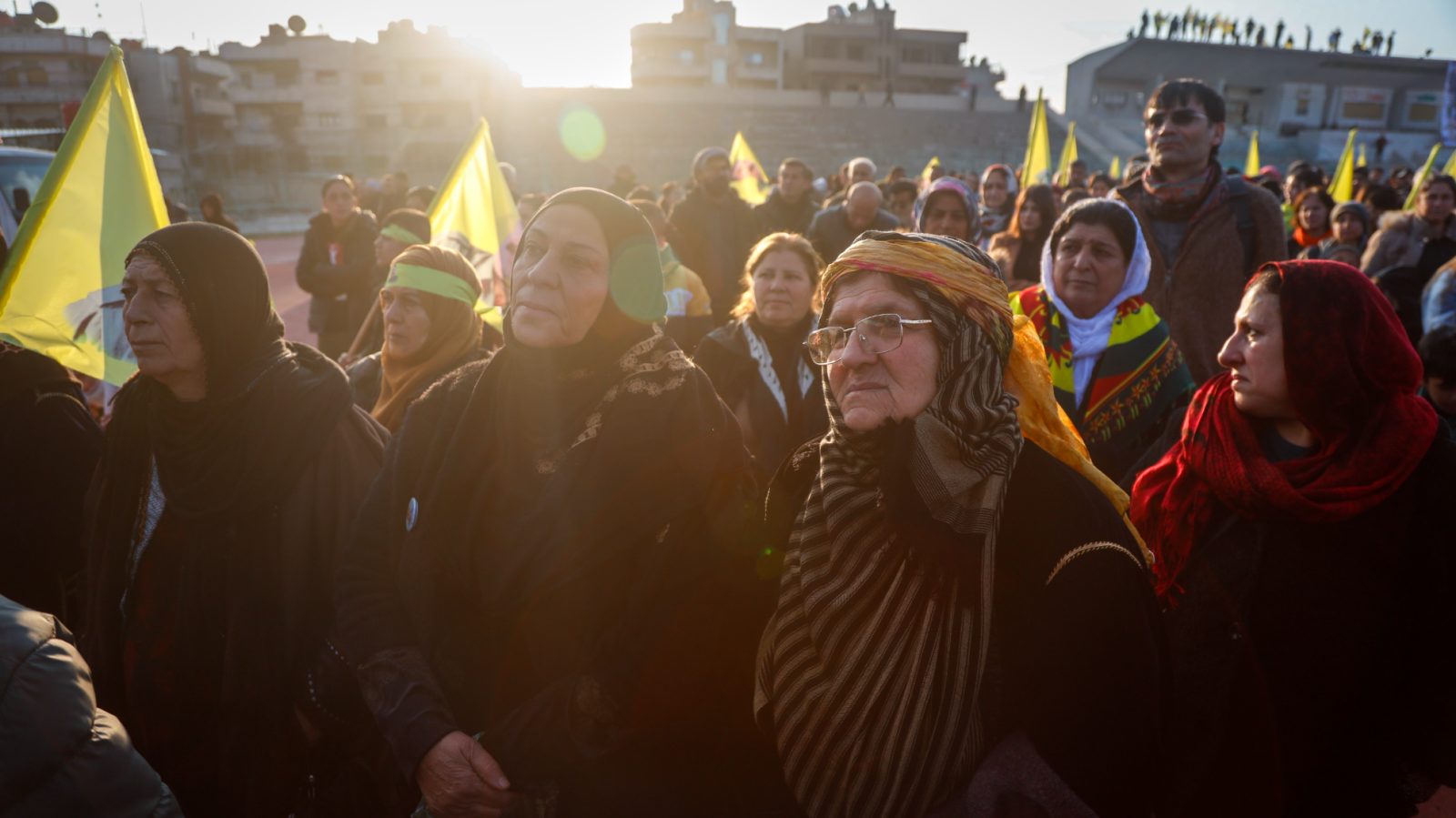
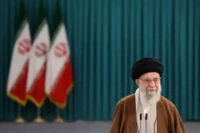
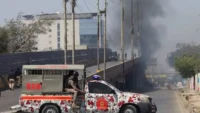
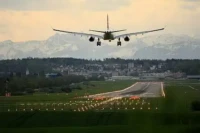
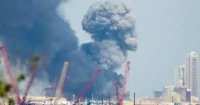
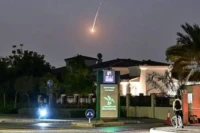
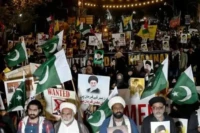
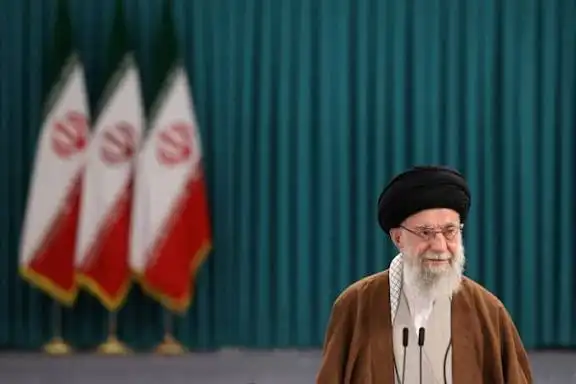
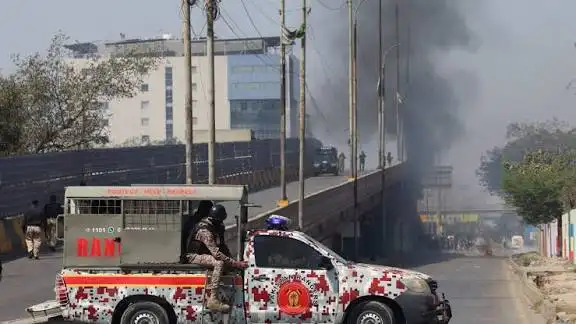
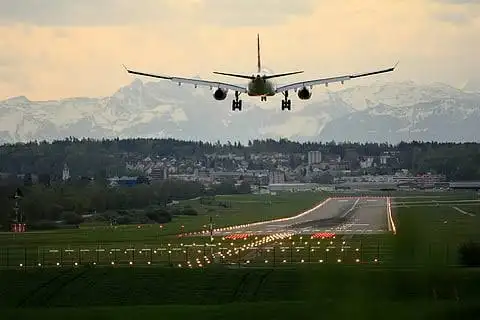
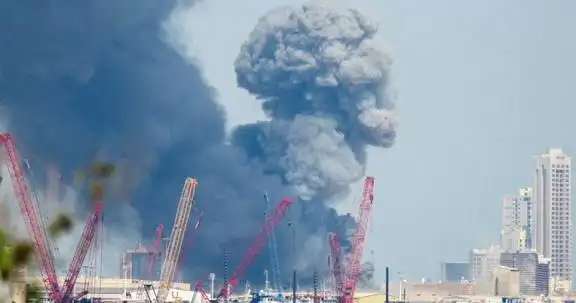
Wow, burning weapons for peace? Bold move by PKK. But will this actually lead to long-term disarmament or just a temporary gesture? What do you guys think?
Do you think burning weapons will truly lead to disarmament or is it just a symbolic gesture? Lets discuss!
Is burning weapons really the best way to start disarmament? Seems like a dramatic gesture with potential consequences. What do you think?
Wow, burning weapons for disarmament? Seems risky. What if they need them again in the future? Discuss.
Should we trust PKKs disarmament efforts or is it just a show for international approval? What do you think?
I wonder if burning the weapons will really lead to disarmament or just a temporary show for the cameras. What do you think?